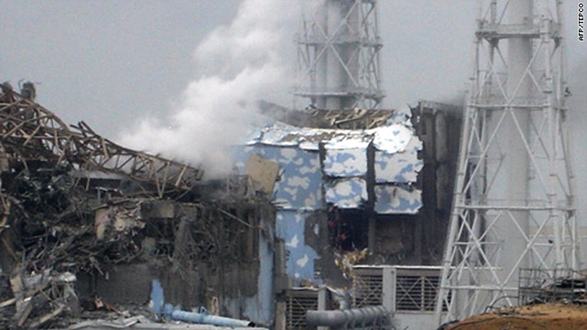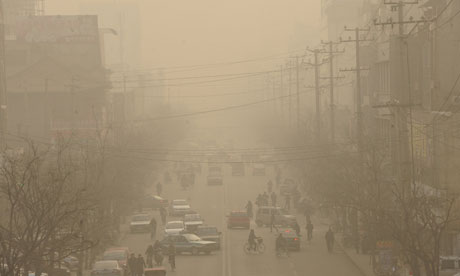A new study shows that we should expect to see Nuclear Meltdowns every 10 to 20 years based on the time frame from Chernobyl to Fukushima. This is far more often then originally estimated.
http://scienceblog.com/54586/nuclear-meltdowns-200x-more-likely-than-previosuly-estimated/
The reactor accident in Fukushima has fuelled the discussion about nuclear energy and triggered Germanys exit from their nuclear power program. It appears that the global risk of such a catastrophe is higher than previously thought, a result of a study carried out by a research team led by Jos Lelieveld, Director of the Max Planck Institute for Chemistry in Mainz: After Fukushima, the prospect of such an incident occurring again came into question, and whether we can actually calculate the radioactive fallout using our atmospheric models. According to the results of the study, a nuclear meltdown in one of the reactors in operation worldwide is likely to occur once in 10 to 20 years. Currently, there are 440 nuclear reactors in operation, and 60 more are planned.
http://scienceblog.com/54586/nuclear-meltdowns-200x-more-likely-than-previosuly-estimated/




